News
-
 Humans
HumansIn some languages, love and pity get rolled into the same word
By studying semantic ties among words used to describe feelings in over 2,000 languages, researchers turned up cultural differences.
-
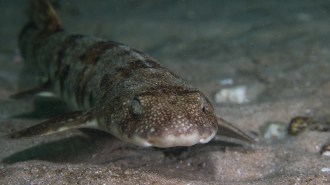 Life
LifeOcean acidification could degrade sharks’ tough skin
Nine weeks of exposure to acidic seawater corroded the toothlike denticles that make up a puffadder shyshark’s skin, a small experiment found.
-
 Science & Society
Science & SocietyInstalling democracies may not work without prior cultural shifts
Experts often argue over what comes first: democratic institutions or a culture that values democratic norms. A new study supports the culture camp.
By Sujata Gupta -
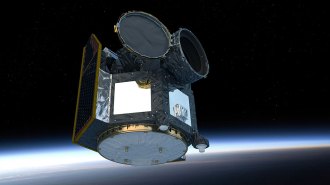 Space
SpaceA new mission to investigate exoplanets has rocketed into space
The European Space Agency’s CHEOPS satellite has launched on a mission to gather intel on previously discovered planets outside of the solar system.
-
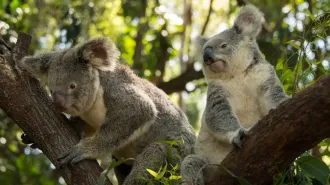 Life
LifeKoalas aren’t primates, but they move like monkeys in trees
With double thumbs and a monkey-sized body, an iconic marsupial climbs like a primate.
By Susan Milius -
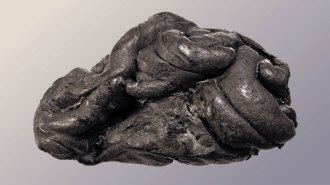 Archaeology
ArchaeologyDNA from 5,700-year-old ‘gum’ shows what one ancient woman may have looked like
From chewed birch pitch, scientists recovered DNA from an ancient woman and her mouth microbes and hazelnut and duck DNA from a meal she’d consumed.
By Sofie Bates -
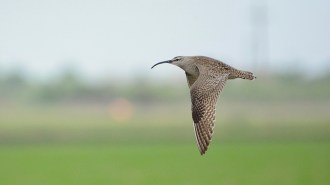 Earth
EarthClimate change may be why birds are migrating earlier across the United States
Birds are migrating earlier in recent decades in the United States, which could disrupt feeding or nesting cycles.
By Sofie Bates -
 Neuroscience
NeuroscienceMice watching film noir show the surprising complexity of vision cells
Only about 10 percent of mice’s vision cells behaved as researchers expected they would, a study finds.
-
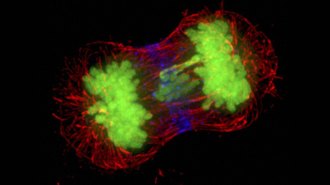 Health & Medicine
Health & MedicineSurplus chromosomes may fuel tumor growth in some cancers
Extra copies of some genes on excess chromosomes may keep cancer cells growing. Without those extras, cancer cells form fewer tumors in mice.
-
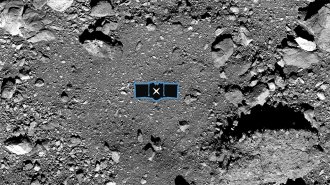 Space
SpaceNASA’s OSIRIS-REx must avoid ‘Mount Doom’ to return a sample of the asteroid Bennu
The OSIRIS-REx spacecraft finally has a target spot for sample collection, called Nightingale, on the asteroid Bennu.
-
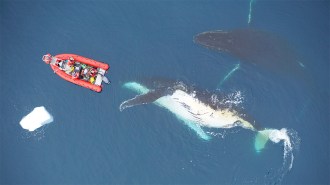 Animals
AnimalsWhy some whales are giants and others are just big
Being big helps whales access more food. But how big a whale can get is influenced by whether it hunts for individual prey or filter-feeds.
-
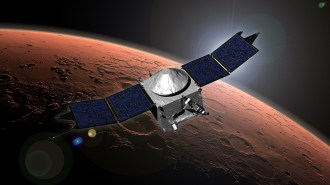 Space
SpaceNASA’s MAVEN probe shows how wind circulates in Mars’ upper atmosphere
By using the MAVEN spacecraft to track winds in the Martian thermosphere, researchers hope to better understand how the atmosphere leaks into space.